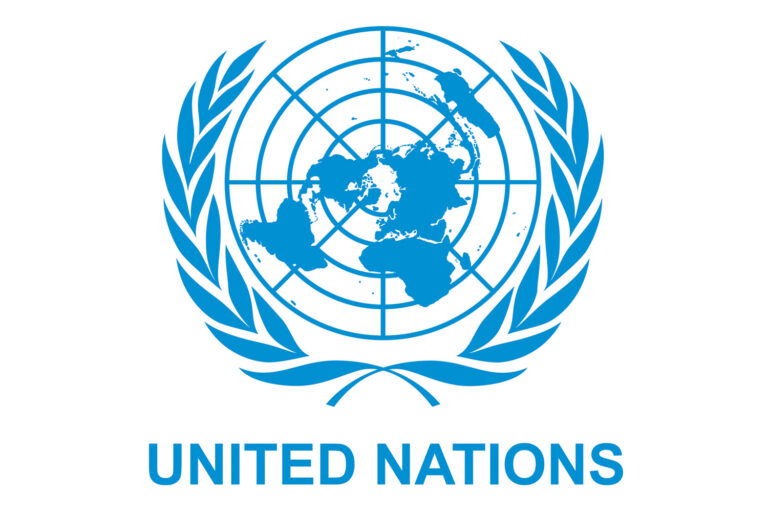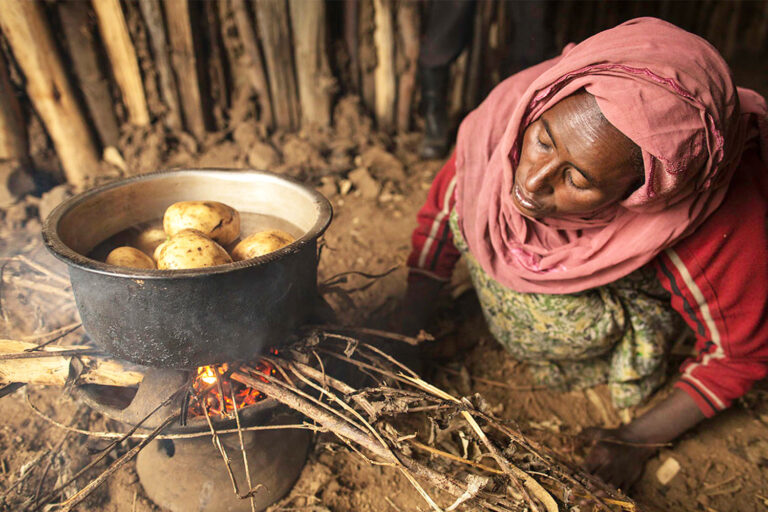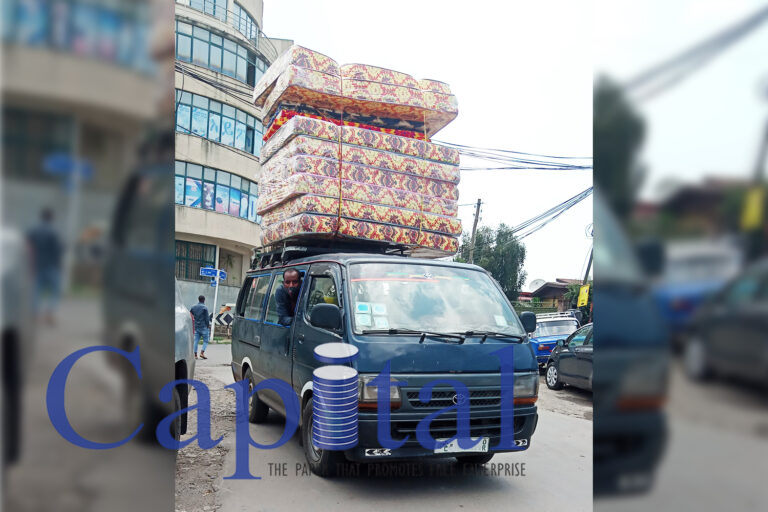Well-functioning transit transport services and procedures are essential to ensure people in landlocked developing countries have timely access to medical products and basic goods during and after the crisis.
When borders around the globe close, every country suffers, but those without territorial access to the sea are affected in unique ways, said a United Nations statement urging governments to provide smooth transit transport for landlocked neighbors.
Issued on 9 June by six UN agencies, the statement warned that economic and social conditions in many landlocked developing countries (LLDCs) – often the poorest in their regions – are worsening rapidly due to COVID-19 lockdown measures and international restrictions on the movement of goods and people.
On average, these 32 vulnerable nations lag behind the world average by 20% in the UN’s human development index. One-third of their 440 million inhabitants live in extreme poverty, 51% face food insecurity daily, and 40% lack access to electricity.
“The impacts of a combined lockdown measures, health pandemic and a global recession will likely halt or potentially even reverse LLDCs’ progress towards the Sustainable Development Goals and the aspirations included in the Vienna Programme of Action for the LLDCs for the Decade 2014-2024,” it said.
The Vienna programme of action was adopted by the international community in recognition of the complex challenges facing LLDCs and their special development needs.
The statement was signed by the heads of UNCTAD, the UN Office of the High Representative for the Least Developed Countries, Landlocked Developing Countries and Small Island Developing States (UN-OHRLLS), and the UN’s regional economic and social commissions for Africa (UN ECA), Asia and the Pacific (UN ESCAP), Europe (UN ECE) and Latin America and the Caribbean (UN ECLAC).
Even in normal times, functioning and efficient transport networks and procedures are crucial to connect these vulnerable nations to world markets, as their exports and imports must transit through at least one neighbouring state and often have to change the transport mode – making trade much more complex and costly.
“In these unprecedented times, there is an even more urgent need to ensure smooth transport of goods to and from these countries,” the statement said.
It added: “Transit transport is critical for LLDCs in both the short-term health response to the crisis by ensuring the delivery of much-needed medical equipment and basic goods, and the long-term economic response by facilitating trade and access to global markets and spurring economic pick-up post COVID-19.”
In addition to asserting the UN’s readiness to continue its support to LLDCs and their trading partners, the statement pleaded for decisive and immediate action to help landlocked developing countries while continuing to protect global public health.
UN calls on governments to help landlocked neighbours
World faces worst food crisis for at least 50 years, UN warns
The world stands on the brink of a food crisis worse than any seen for at least 50 years, the UN has warned as it urged governments to act swiftly to avoid disaster.
Better social protections for poor people are urgently needed as the looming recession following the coronavirus pandemic may put basic nutrition beyond their reach, the UN secretary general, António Guterres, said on June 9.
He also called for an immediate action to avoid a “global food emergency,” saying more than 820 million people are hungry, some 144 million children under 5-years-old are stunted, and the COVID-19 pandemic is making things worse.
He said there is more than enough food to feed the world’s 7.8 billion people but “our food systems are failing.”
The U.N. chief launched a policy briefing on the Impact of COVID-19 on Food Security and Nutrition which said before the pandemic more than 820 million people were “chronically food insecure,” with 135 million at crisis levels or worse.
“That number could nearly double before the end of the year due to the impacts of COVID-19,” the briefing said.
And Guterres said some 49 million extra people may fall into extreme poverty due to the pandemic and its impact.
Noting forecasts of a global economic downturn this year, he warned that every percentage point drop in global GDP means an additional 700,000 stunted children.
According to the briefing, measures to tackle the COVID-19 pandemic are affecting global food supply chains.
“Border restrictions and lock-downs are, for example, slowing harvests in some parts of the world, leaving millions of seasonal workers without livelihoods, while also constraining transport of food to markets,” the U.N. briefing said.
It pointed to the forced closure of meat processing plants and food markets in many locations because of serious COVID-19 outbreaks.
Agnes Kalibata, the U.N. special envoy to a Food Systems Summit scheduled in 2021, said “from the U.S. to India, produce is rotting in the fields as lock-downs keep people from harvesting and planting crops.”
“That means less income for desperately hungry people to buy food and less food available, at higher prices,” she said in a statement. “And this is happening across the world.”
Kalibata also said millions of liters of milk are being dumped in the United Kingdom for lack of buyers “while in Colombia families hang red flags outside their windows to indicate they are hungry.”
The briefing said high levels of unemployment, loss of income, and rising food costs are also making access to food difficult.
To address food security during the pandemic, Guterres said food and nutrition services must be designated as essential, and food workers must be protected.
He said countries must ensure access for the most vulnerable “to safe, nutritious foods, particularly for young children, pregnant and breastfeeding women, older people and other at-risk groups.”
And he urged investment in food systems that better address the needs of food producers and workers and provide “more inclusive access to healthy and nutritious food so we can eradicate hunger.”
Guterres also called for re-balancing the relationship between food systems and the environment.
“We cannot forget that food systems contribute up to 29 percent of all greenhouse gas emissions, including 44 per cent of methane, and are having a negative impact on biodiversity,” he said.
Kalibata, the U.N. envoy, said “countries face an agonizing trade-off between saving lives or livelihoods or, in a worst-case scenario, saving people from COVID-19 to have them die from hunger.”






